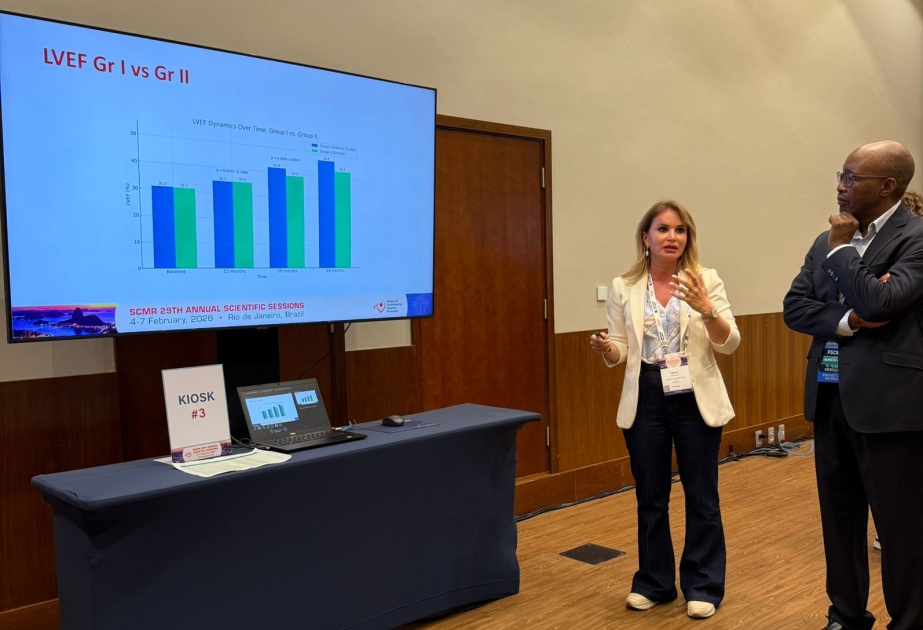Florida State University College of Medicine and University of Montpellier researchers found that older adults who were divorced or never married had a lower risk of developing dementia over an 18-year period compared to their married peers, the Medical Xpress reported. Findings suggest that being unmarried may not increase vulnerability to cognitive decline, contrary to long-held beliefs in public health and aging research.
Marriage is often linked to better health outcomes and longer life, but evidence connecting marital status to dementia risk remains inconsistent. Some studies have reported higher dementia risk among unmarried individuals, while others found no association or conflicting patterns for divorce and widowhood.
Rising numbers of older adults who are divorced, widowed, or never married have raised concerns about potential vulnerability to dementia in these groups. Prior research has not consistently addressed how marital status relates to specific causes of dementia or how factors such as sex, depression, or genetic predisposition may influence these associations.
In the study, "Marital status and risk of dementia over 18 years: Surprising findings from the National Alzheimer's Coordinating Center," published in Alzheimer's & Dementia, researchers conducted an 18-year cohort study to understand whether marital status was associated with dementia risk in older adults.
More than 24,000 participants without dementia at baseline were enrolled from over 42 Alzheimer's Disease Research Centers across the United States through the National Alzheimer's Coordinating Center. Annual clinical evaluations were conducted by trained clinicians using standardized protocols to assess cognitive function and determine diagnoses of dementia or mild cognitive impairment.
To assess long-term risk, researchers followed participants for up to 18.44 years, yielding over 122,000 person-years of data. Marital status at baseline was categorized as married, widowed, divorced, or never married.
Dementia risk was analyzed using Cox proportional hazards regression, with married participants serving as the reference group. The models incorporated demographic characteristics, mental and physical health, behavioral history, genetic risk factors, and diagnostic as well as enrollment variables.
Compared to married participants, divorced or never married showed a consistently lower risk of developing dementia over the study period. Dementia diagnoses occurred in 20.1% of the overall sample. Among married participants, 21.9% developed dementia during the study period. Incidence was identical among widowed participants at 21.9% but notably lower for divorced (12.8%) and never-married participants (12.4%).
Hazard ratios showed a reduced risk for all three unmarried groups. In initial models adjusting only for age and sex, divorced individuals had a 34% lower risk of developing dementia (HR = 0.66, 95% CI = 0.59–0.73), never-married individuals had a 40% lower risk (HR = 0.60, 95% CI = 0.52–0.71), and widowed individuals had a 27% lower risk (HR = 0.73, 95% CI = 0.67–0.79).
These associations remained significant for the divorced and never-married groups after accounting for health, behavioral, genetic, and referral-related factors. The association for widowed participants weakened and was no longer statistically significant in the fully adjusted model.
When looking at specific dementia subtypes, all unmarried participants also showed reduced risk for Alzheimer's disease and Lewy body dementia. In contrast, no consistent associations were observed for vascular dementia or frontotemporal lobar degeneration in fully adjusted models. Divorced and never-married groups were also less likely to progress from mild cognitive impairment to dementia.
Risk patterns appeared slightly stronger among men, younger individuals, and participants referred to clinics by health professionals. Yet stratified analyses showed minimal variation, suggesting that the associations held across a wide range of demographic and clinical subgroups.
Researchers concluded that unmarried individuals, particularly those who were divorced or never married, had a lower risk of developing dementia than those who remained married. These associations persisted even after adjusting for physical and mental health, lifestyle factors, genetics, and differences in clinical referral and evaluation.
Alzheimer's disease and Lewy body dementia were higher in married participants. Risk of progression from mild cognitive impairment to dementia was also higher. No evidence linked marital status to vascular dementia or early-stage cognitive decline. Patterns were broadly similar across sex, age, education, and genetic risk categories.
Unmarried older adults in this study were less likely to be diagnosed with dementia than their married counterparts. Structured clinical evaluations conducted annually by trained professionals showed significantly lower incidence for divorced and never-married participants.
After adjusting for demographic, behavioral, health, and genetic factors, the reduced risk remained significant for both groups. The findings contrast with prior studies linking unmarried status to increased dementia risk and offer new evidence on how relationship status may relate to cognitive outcomes when diagnosis is measured under standardized conditions.

















